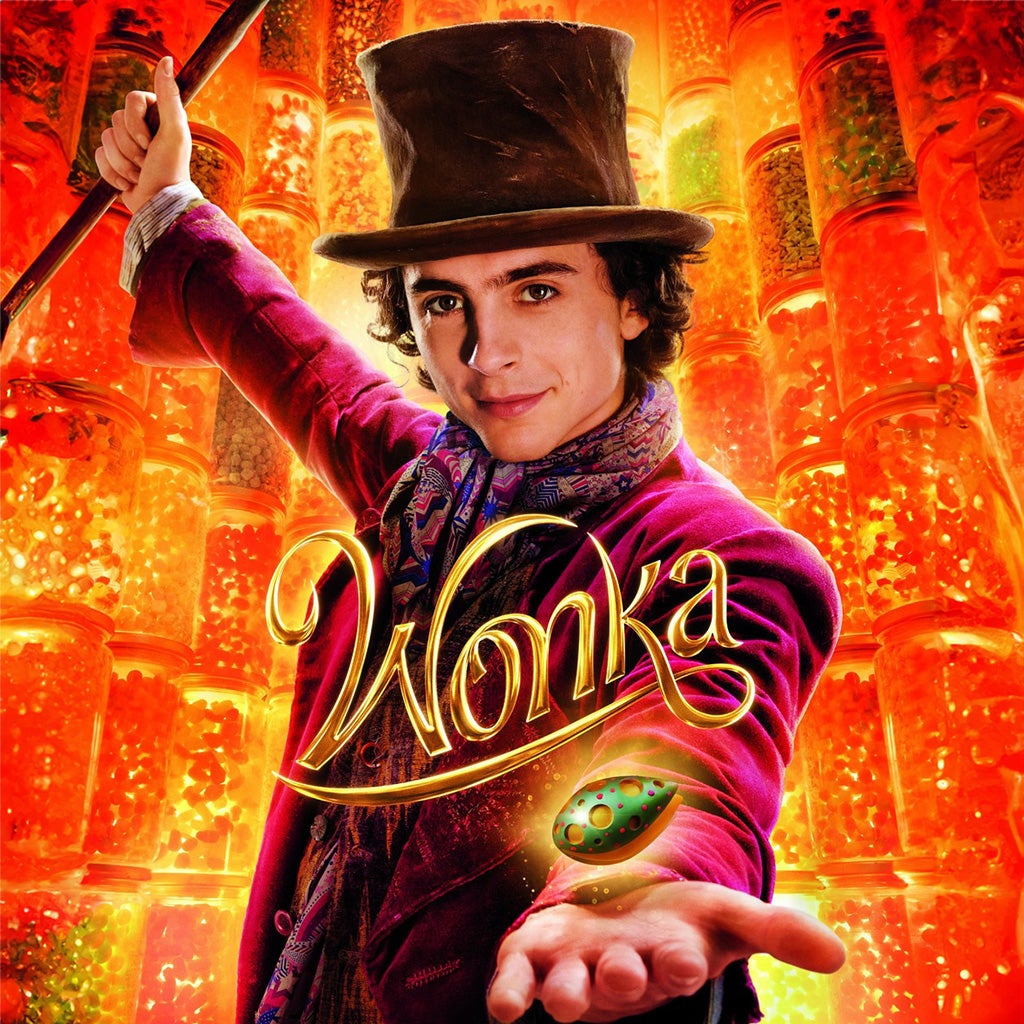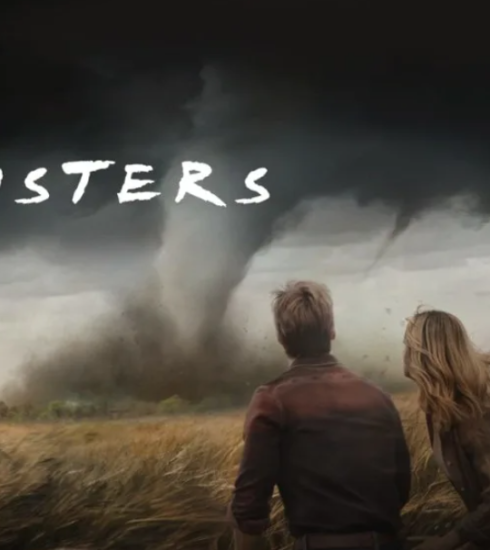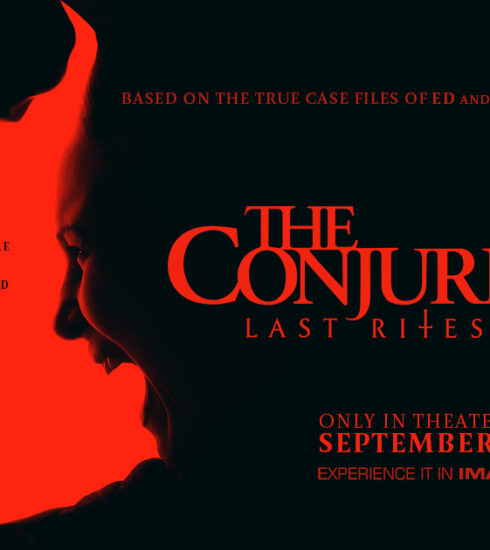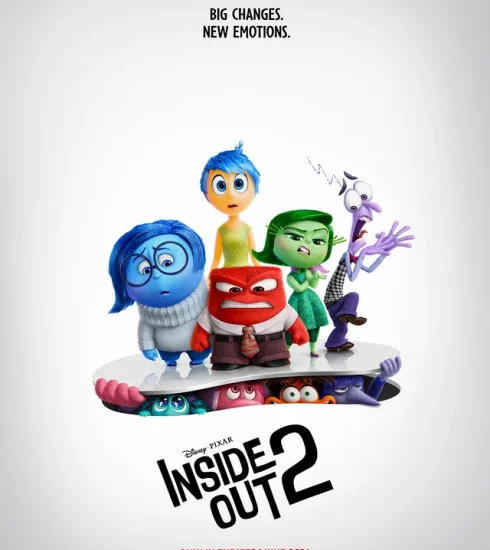Movie Review: Wonka
Can we have Timothée Chalamet play everyone, all the time, in everything, please? Thank you. Chalamet and writer/director Paul King (his Paddington movies were instant
classics) are the keys to the enormous charm of Wonka, which asks what led Roald Dahl’s playful Willy Wonka to pursue a life in chocolate. Spoiler alert: It has to do with innate talent and a desire to hold onto his late mother, who Willy says “promised that when I shared chocolate with the world, she’d be right there.”
There’s a timeless, old-fashioned-in-the-best-possible-way quality to Wonka, which is set in an indeterminate city that resembles bits of Paris, London, Copenhagen, Berlin and Venice all smashed together in one imaginative storybook. It may take place in the present, but there are no cell phones or computers, so that’s unclear.
What we do know, or at least strongly suspect, is that we’re in a land where half a dozen bad guys — including a trio of sour candy makers perpetrating a chocpocalypse, Keegan-Michael Key’s corrupt cop and a hotelier/prison warden played with gusto by Oscar winner Olivia Colman — can’t trump the kindness and imagination of Willy and his fellow hotel/prison residents.
(Calah Lane is endearing as Noodle, a resourceful girl Willy befriends, and Hugh Grant is droll as Oompa-Loompa.) King perfected a vibe in the Wonka films that is funny and sweet, with a slightly ironic edge — and that vibe translates beautifully to Wonka. The family-comedy-with-a-few-songs formula is consistently amusing, filled with
whimsical details (Wonka walks across a room and, the instant he gets an idea, the light bulb in the fixture above his head flips on), and so tender in its final scenes that my eyes genuinely welled up.

Then there’s Chalamet. I’m the first to admit that when this movie was announced, I wondered if we needed a new Wonka, especially since the Gene Wilder Willy Wonka &
the Chocolate Factory (1971) is so beloved and the creepy Johnny Depp Charlie and the Chocolate Factory (2005) is so easily forgotten. But, other than welcome reprises of a couple of songs from the original, Wonka covers very little of the territory of those movies, interested more in understanding how Willy became a person who crafts chocolates with the ability to summon memories and emotions.
That through line gives Chalamet what he needs to make the character his own. It’s a big, go-for-broke performance that conveys mischief and heartache. Previous Wonkas haven’t had anywhere to go, character-wise — he’s a circus ringmaster, and we don’t really care what makes him tick. But Wonka and Chalamet do care about that. They also care about the way foods like chocolate form associations for us. That’s what makes this Wonka so unexpectedly moving. Over its course, Willy learns it’s not really about the magic ingredients (giraffe’s milk) he puts into his chocolates but about the real-life magic that happens when food brings us together to celebrate, mourn, or giggle.
All of that is there in Wonka, but it’s not at all heavy-handed. King has a graceful, light touch, and somehow, he has gotten everyone associated with his movie to buy into his very specific, very endearing worldview. Wonka’s land is fanciful and made up. But the feels it makes us feel? Those are very real.
Boluwatife Adesina is a media writer and the helmer of the Downtown Review page. He’s probably in a cinema near you.






